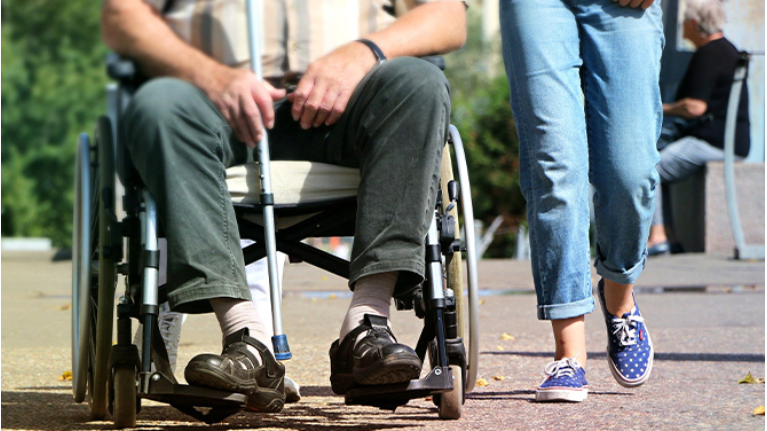People with disabilities in New York will have a state official repsonsible for guiding them through the maze of the state government's bureaucracy and help them access services under a law signed by Gov. Kathy Hochul.
The new law re-establishes the Office of the Advocate for People with Disabilities, a watchdog that had existed under then-Gov. Mario Cuomo, but was later abolished under Gov. Andrew Cuomo amid a re-organizing of state officises.
“As a Black, deaf, Muslim immigrant, I can see that Governor Hochul understands the importance of engagement and representation. Today, she acknowledged that our existing systems didn’t address the needs of deaf and disabled people like me,” said Ayisha Salifu, deaf systems advocate at the Regional Center for Independent Living. “It also is important for BIPOC with disabilities that she signed this during Black History Month.”
Hochul's approval of the measure also came with an agreement with lawmakers to make unspecified technical changes to the bill. Still, the approval was cheered by organizations that have called for more help for people with disabilities.
The measure is meant to create a single public entity that people with disabilities can consult for services like housing aid or employment. Currently, people with disabilities have to seek information about programs and aid through a variety of state agencies and offices.
The new office can also provide representation for the disabilities communities on issues like homecare and nursing facility transition as well as emergency preparedness and disaster response, all issues heightened for vulnerable people by the COVID pandemic.
“While there are State agencies that address individuals with specific diagnoses, until today, there was no way to address the needs of many disabled New Yorkers, including those who are deaf,” said Bruce Darling, the president and CEO of the Center for Disability Rights. “We will now have a new office that will work across state agencies to identify and address the needs of the disability community at the executive level.”



